TP - More than thirty years ago, writer Son Tung was invited by General Vo Nguyen Giap to his private home for a day to talk about Uncle Ho. Before that, when he knew the content of the conversation, writer Son Tung had prepared a detailed outline to prepare for this meeting. Recently, the above-mentioned pages about Uncle Ho were first published in the book " Ho Chi Minh, the heart of the earth" by writer Son Tung which has just been published.
Meeting with General Vo Nguyen Giap
Recently, when I met Mr. Bui Son Dinh, the son of the late writer Son Tung, he showed me the book “Ho Chi Minh, the Heart of the Earth”, published by the Writers Association Publishing House earlier this year. The book is more than a thousand pages thick, including three famous works about Uncle Ho by writer Son Tung such as “Blue Lotus”, “Golden Lotus”, “Heart of the Earth” and the movie script “See You Again Saigon”… In particular, there are two posthumous letters of writer Son Tung sent to Prime Minister Pham Van Dong and General Vo Nguyen Giap printed for the first time in the book. In this article, I would like to mention the posthumous letter of writer Son Tung sent to General Vo Nguyen Giap with content about Uncle Ho. 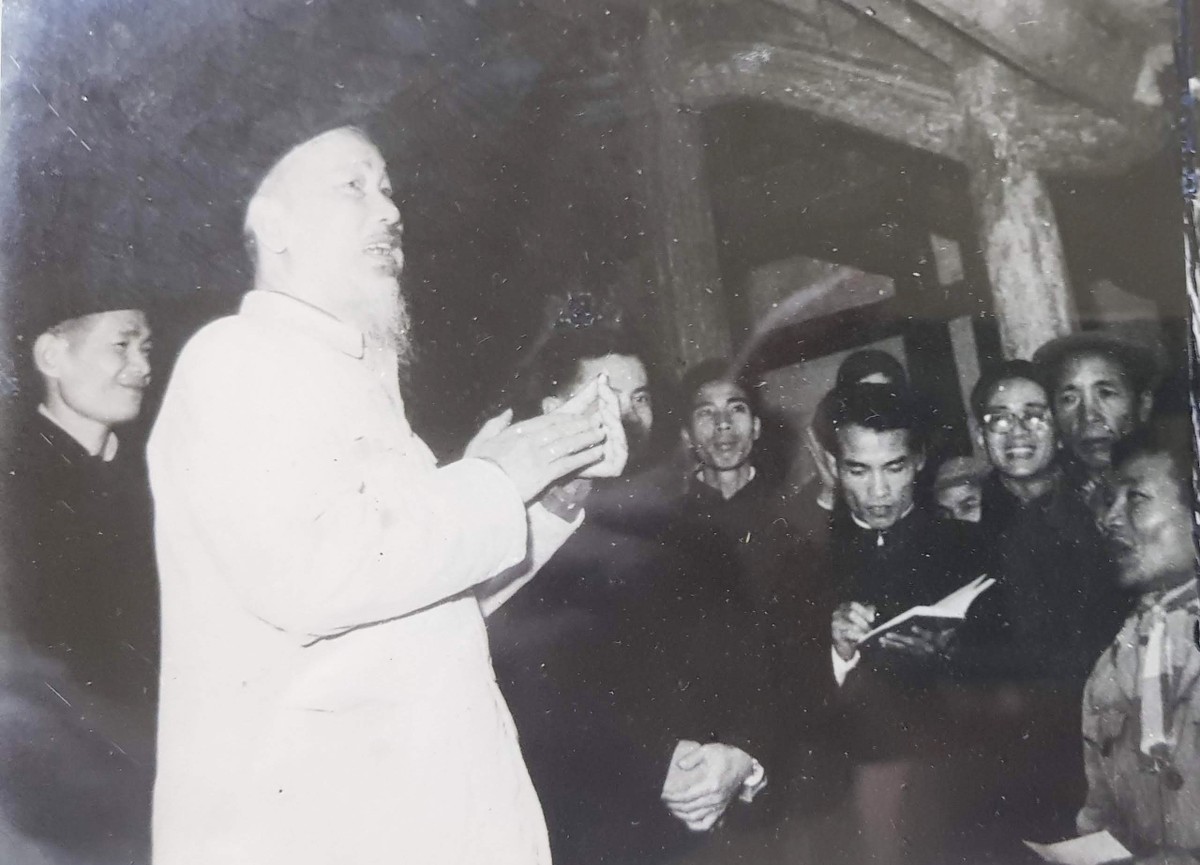 |
Tien Phong newspaper reporter Son Tung (holding a notebook) met Uncle Ho during his work on the first day of Tet in the year of Giap Thin 1964 in Lo Khe village (Dong Anh, Hanoi ). (Photo: Provided by writer Son Tung's family).
Mr. Dinh said that in 1991, one day, Colonel Nguyen Huyen, secretary of General Vo Nguyen Giap, called writer Son Tung and said: "If your health allows, please arrange to meet the General. Mr. Van wants to ask you a few things before preparing documents to write about Ho Chi Minh's Thought." Hearing that, writer Son Tung immediately accepted and prepared a detailed outline about Uncle Ho for the meeting with the General. On the day of the meeting, the writer left early and returned home late in the afternoon. Shortly after, in a conversation with his family and some friends at "Chieu Van" at home, writer Son Tung said that the meeting with the General that day lasted a whole day, and at noon he was invited by the General to stay for lunch. During the conversation, the General said that he had read all the works that writer Son Tung had sent him, especially the book "Blue Lotus". But there were many details that the General wanted to ask writer Son Tung for clarification, such as the story of Mrs. Nguyen Thi Thanh and Mr. Nguyen Sinh Khiem, Uncle Ho's sister and brother, told about him when he was young. Or the story of the poem that the boy Nguyen Sinh Con (Uncle Ho's childhood name) read to his father when he passed Ngang Pass, on the way to the capital Hue , which was printed in the novel "Blue Lotus". Then the story of Uncle Ho leaving Nha Rong port to find a way to save the country and many other issues that shaped Ho Chi Minh's ideology and personality later on... According to the posthumous documents, from his school days, Nguyen Tat Thanh absorbed the true Confucian system, but was not influenced by the pseudo-Confucianism of the Han, Tang, Song, Ming, and Qing dynasties. This was a solid foundation of thinking for the revolutionary Nguyen Tat Thanh to integrate into Western cultural ideology and become a thinker of Marxism-Leninism.
In response to the above, writer Son Tung fully answered the information he knew, which the General was interested in. The information the writer prepared to report to the General that day, some of which he had written into a book, some of which had not. But these documents were all collected by the writer over many years, through specific, authentic witnesses. "Later, in 1993, my father wrote another part about Uncle Ho to send to the General as documents. Much later, my father told me that at that time, after the 7th Party Congress (June 1991), General Vo Nguyen Giap gathered documents to write about Ho Chi Minh's Thought", said Mr. Bui Son Dinh. Then Mr. Dinh shared that in 2021, after writer Son Tung passed away, he gathered the above documents of the writer with the hope of having them printed into a book. And that wish came true when the writer's posthumous writings about Uncle Ho were printed in the book "Ho Chi Minh, the heart of the earth" mentioned above.A few words about the posthumous work
In the posthumous part of the book “Ho Chi Minh, the Heart of the Earth”, writer Son Tung wrote that he met General Vo Nguyen Giap on November 23, 1991 to work on the topic of Ho Chi Minh. The content was prepared systematically by the writer, partly in detail, partly in general, thereby depicting the image of Uncle Ho from his childhood to his journey to save the country and working abroad. According to the story of Mrs. Nguyen Thi Thanh recorded by writer Son Tung, from a young age, Uncle Ho revealed his natural talent: “At the age of four or five, Con knew by heart many passages of Nom poems, taught by his grandmother orally, during the nights he slept next to her. He was absorbed in learning by word of mouth until late at night, his mother had stopped weaving and gone to bed, his sister Thanh and brother Khiem were both asleep, Con was still awake, his grandmother had to promise: If you go to sleep, tomorrow night I will teach you twice as many verses as tonight... The day he followed his parents to Hue, Con knew by heart almost the entire Tale of Kieu, many folk songs, verses about the Can Vuong movement, the Nghe Tinh miles, 96 poems in the Book of Poetry, 50 Nha poems, 40 Phong poems...”. Mr. Nguyen Sinh Khiem said: “On the way to Hue (1895), Con was carried by his father. While resting on Ngang Pass on the Ky Anh side, Con improvised when looking up at the top of the pass and saw a dark brown trail hanging precariously on the mountain: “The mountain carries the trail/Father carries the child/The mountain lies still in one place/Father walks bent over/The trail clings to the mountain’s back/The child learns to run/Father is more diligent than the mountain/The trail is lazier than the child”.  |
Writer Son Tung had lunch at General Vo Nguyen Giap's house during a conversation in 1991. (Photo: Provided by writer Son Tung's family)
According to the posthumous work of writer Son Tung, during his time in Hue, Nguyen Tat Thanh (the name of Uncle Ho at that time) began to come of age, and was taken to many places by his father, Mr. Pho Bang Nguyen Sinh Sac, to witness firsthand the misery of the people when the country was lost and their homes were destroyed. In 1908, Nguyen Tat Thanh and the students of Quoc Hoc Hue School participated in the movement against the high taxes of the colonial government. Because of this, Nguyen Tat Thanh had to leave Quoc Hoc Hue School, and after a while, he returned to Duc Thanh School (Phan Thiet) to teach. In June 1910, Nguyen Tat Thanh received news that Mr. Pho Bang Nguyen Sinh Sac, who was then the district chief of Binh Khe (Binh Dinh), was summoned back to the capital to be punished for letting political prisoners escape and defending the people. After being determined to find a way to save the country, in October 1910, Nguyen Tat Thanh left Phan Thiet for Saigon, changing his name to Van Ba. According to the posthumous documents, at that time, Mr. Pham Gia Can, a friend of Uncle Ho from the time he studied at Quoc Hoc Hue, asked why he changed his name. He replied: “This is a commitment. Van is to listen, to perceive. Ba is the wave. Immerse myself in the waves to see what is good and return to help the people, save the country, save the race…” With that ideal, in 1911, revolutionary Nguyen Ai Quoc left the Fatherland to find a way to save the country. Traveling across the five continents and four seas, revolutionary Nguyen Ai Quoc selectively absorbed the legacies of the French Revolution of 1789, the American Revolution of 1776, the Tan Hoi Revolution (1911), the October Revolution (1917) to then find the right path for the Vietnamese Revolution.Before becoming a writer, reporter Son Tung worked at Tien Phong newspaper. The most memorable memory during his time as a journalist was exactly 60 years ago, on the first day of the Lunar New Year in the year of Giap Thin (1964), while working in Lo Khe village (Lien Ha commune, Dong Anh, Hanoi), he had the honor of meeting Uncle Ho when he came to visit and wish the people there a happy new year.
Tienphong.vn
Source: https://tienphong.vn/di-cao-cua-nha-van-son-tung-ve-bac-ho-post1631499.tpo



![[Photo] Opening of the 14th Conference of the 13th Party Central Committee](https://vphoto.vietnam.vn/thumb/1200x675/vietnam/resource/IMAGE/2025/11/05/1762310995216_a5-bnd-5742-5255-jpg.webp)



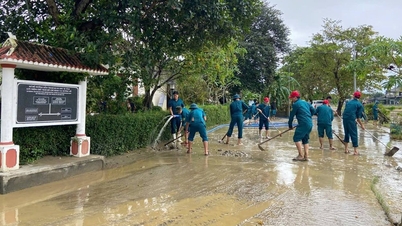

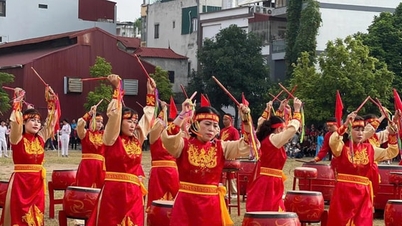

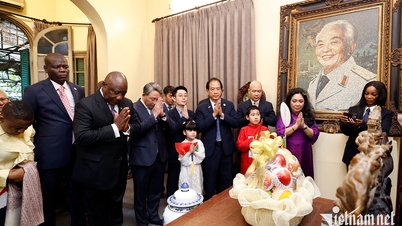

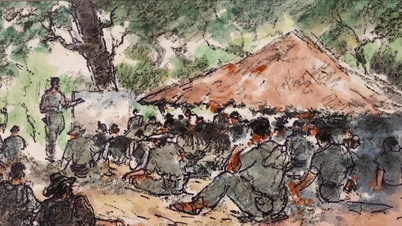



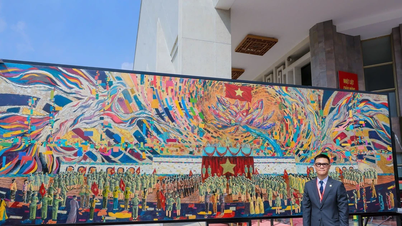




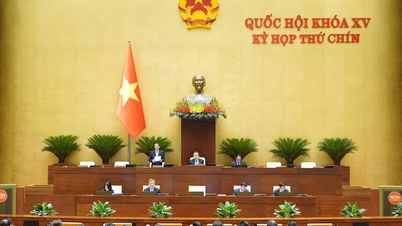
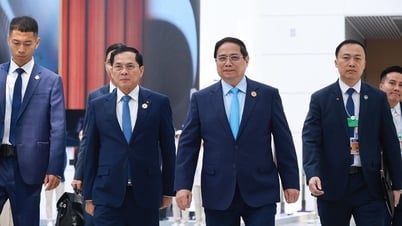

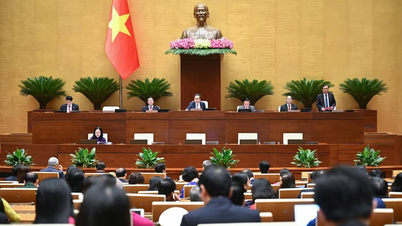

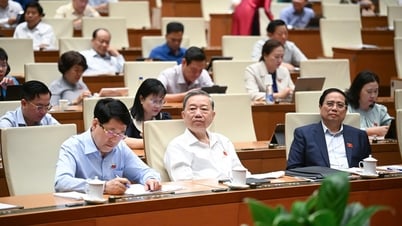








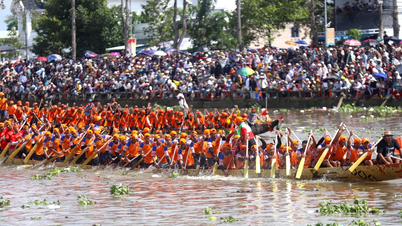
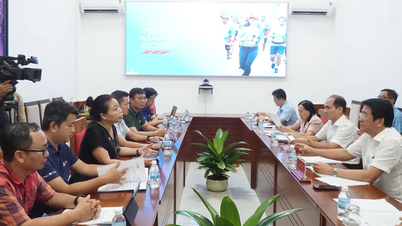
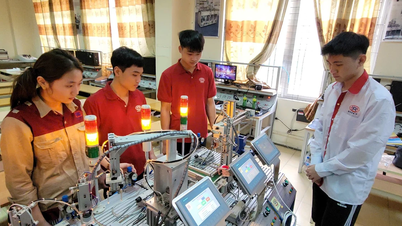
![[Photo] Panorama of the Patriotic Emulation Congress of Nhan Dan Newspaper for the period 2025-2030](https://vphoto.vietnam.vn/thumb/1200x675/vietnam/resource/IMAGE/2025/11/04/1762252775462_ndo_br_dhthiduayeuncbaond-6125-jpg.webp)


















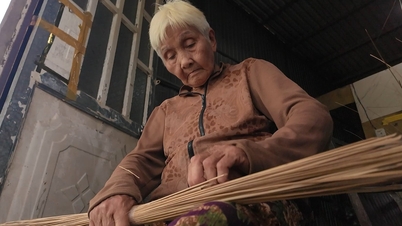














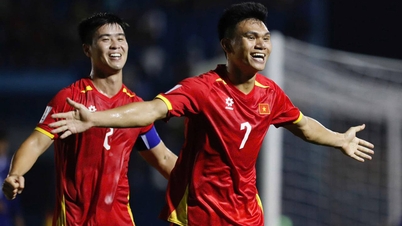





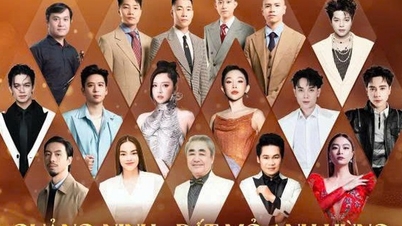





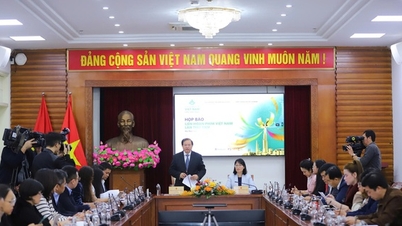
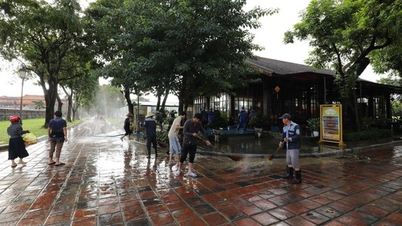
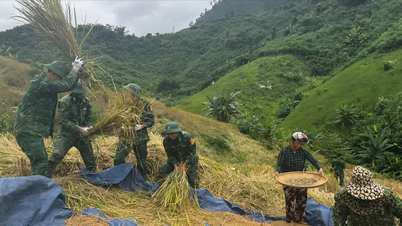

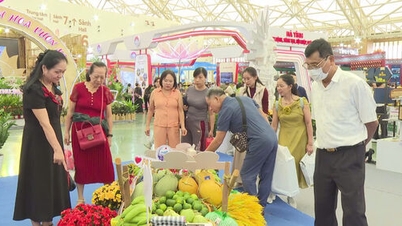

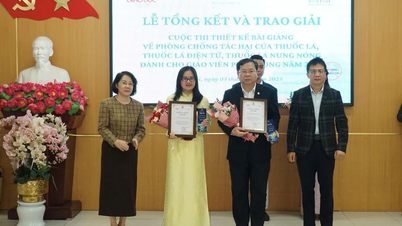

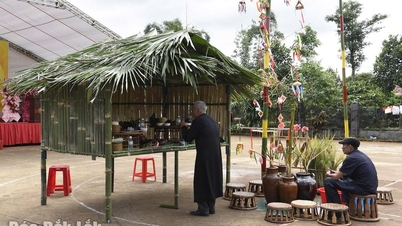

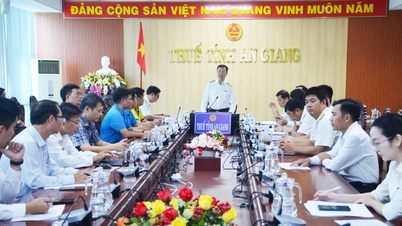

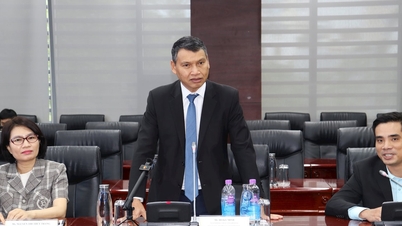















Comment (0)